



In 1948, Alfred Kinsey, a goofy-looking professor from Indiana University previously known (if at all) for his long and laborious study of gull wasps, published Sexual Behavior in the American Male, and the country was never the same. For years, Kinsey had been trekking across the country with his team of researchers, interviewing and studying thousands of people about their sexual attitudes and behavior. His book was the result of this survey, and it tried to prove to Americans – many of whom were starting to believe the Cold War propaganda of conformity being forced upon them – that their fellow citizens were much more sexually diverse (and perverse) than had ever been previously thought.
In Kinsey, writer/director Bill Condon (Gods and Monsters) makes all this into a divertingly fresh story about a scientific crusader who was just too honest and inquisitive for his own good. But rather than taking a straightforward biographical approach, Condon fortunately makes the film a character study of Kinsey himself, wisely placing star Liam Neeson front and center. The film opens in black and white, Neeson quizzing his researchers on how best to interview a subject for the study. He’s forthright, strong-willed and oddly provocative – you’d give up your life story to this guy in about ten seconds.
Kinsey‘s background is sketched in quickly and efficiently: Raised to be an engineer by his fire-and-brimstone preacher dad (John Lithgow), Kinsey instead goes into the study of insects, marries the similarly studious Clara (Laura Linney), and looks set for a satisfyingly long, productive, and dull career at Indiana University. In 1938 he starts teaching a class on human sexual behavior and the positive and negative response is overwhelming for one simple reason: He tells the truth. By bringing the same desire for accuracy to a fairly taboo subject as he once had to an essentially ignored one (wasps), Kinsey sets off a cultural hand grenade. Before the shockwaves from his first controversy even settle, though, Kinsey gets the idea to embark, Ahab-like, on his massive project and gathers a team of young researchers to help him carry it out. The team quickly becomes a loyal band of acolytes, shaking off Victorian sexual mores and exploring everything from same-sex relationships to wife-swapping, all in the name of science. The whole soap-opera subject of Kinsey‘s team of researchers (the subject of T.C. Boyle’s novel The Inner Circle, which came out just a couple months before this film) is played with a refreshingly light touch, with Condon not giving in to either crude titillation or shocked finger-waving.
Although Condon has Neeson play Kinsey as too much the flawed but good-hearted genius (of the lovably detached from reality variety) – it’s likely the real man was a much darker and more willfully manipulative type – that doesn’t detract from the case the film makes for Kinsey‘s vast contributions to science. There’s a perfectly-played moment that encapsulates Condon’s approach: during his class, Kinsey flashes slides of male and female genitals on the overhead, causing almost visceral cries of shock from his students. A lesser filmmaker would have presented this as simple olden-times prudery and allowed us to laugh at the squares. But as shown here, one thing is obvious: It’s still shocking, even today, for us to see sexual matters presented in such a clinical and matter-of-fact fashion. The film shows a similarly generous nature when dealing with Kinsey‘s relationship with his father, and indeed with all the characters – with the possible exception of Tim Curry and Dylan Baker, who show up to play the prissy strawmen of repression.
Condon assembled a crack team for this one, allowing us the simple joy of watching masters like Neeson and Linney work their magic with material that’s worthy of them (not as common a thing as it should be), along with stalwarts like Peter Sarsgaard and, more surprisingly, solid work from the likes of Timothy Hutton and even Chris O’Donnell.
It’s a fine, scintillating portrait of a trailblazer whose clear-headed approach to sex and its study can still shock in these supposedly more liberated times.

Class Dismissed!
Copyright © 2004 filmcritic.com





















![Entertainer Marie Osmond at 2012 National Cherry Blossom Parade and Festival Photo [210809-0009]](https://www.filmfetish.com/img/p/2021/08/210809-0009-11x85-web-170x170.jpg)
![Three Violent People (1956) Original 8×10 inch Press Photo [F89]](https://www.filmfetish.com/img/p/2021/06/three-violent-people-g89-01-170x170.jpg)
![Globe Burlesque Theatre Atlantic City Photo (September 1958) [220417-8]](https://www.filmfetish.com/img/p/2022/10/220417-8-atlantic-city-boardwalk-11x85-web-170x170.jpg)
![Sexy Cult Movie Actress Toni Naples Bikini Photo [220102-6]](https://www.filmfetish.com/img/p/2022/11/220102-6-toni-naples-85x11-web-170x170.jpg)














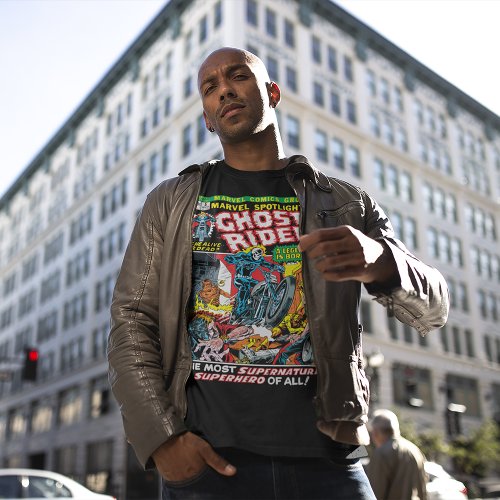

















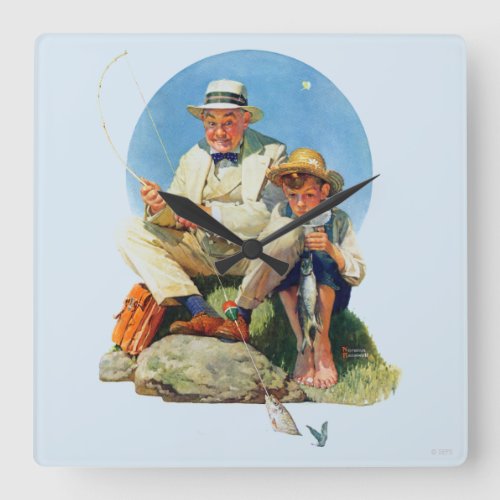
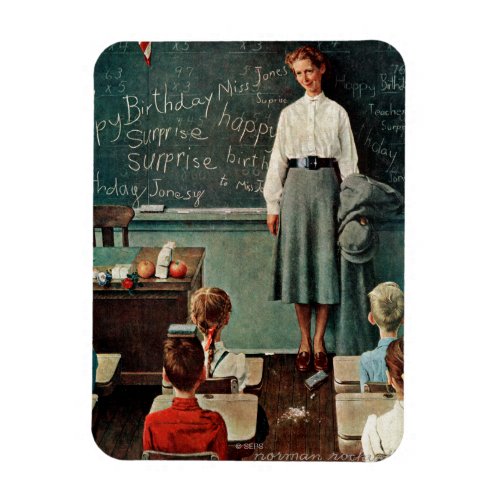













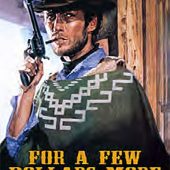

![Life Magazine (October 20, 1972) FDA, The Middle Age Child [J94]](https://www.filmfetish.com/img/p/2021/01/life-magazine-j94-01-170x170.jpg)
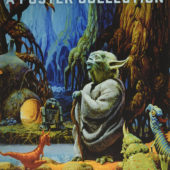


![Batman Year One 404 405 406 Set (1986) 1st Printing Frank Miller, David Mazzucchelli [12463]](https://www.filmfetish.com/img/p/2020/02/batman-year-one-12463-01-170x170.jpg)


